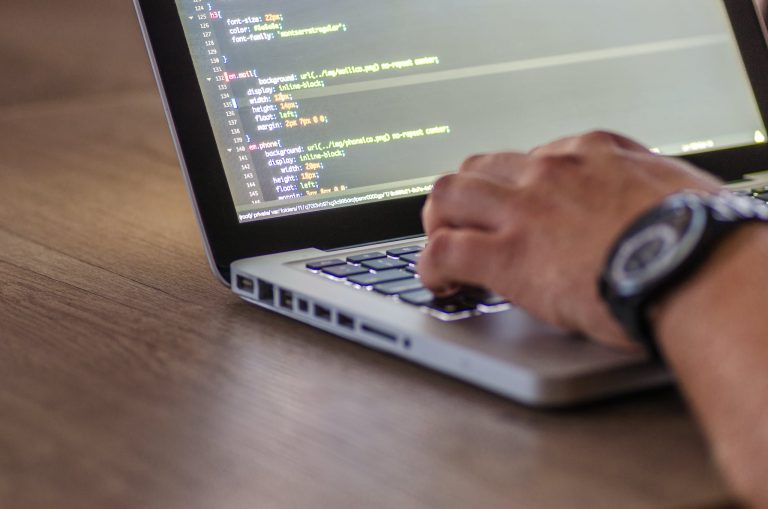
Coding for Beginners: A Step-by-Step Introduction to Programming
In today’s tech-driven world, coding has become an essential skill for anyone seeking to navigate the digital landscape effectively. Whether you’re interested in building websites, developing apps, or creating interactive games, learning how to code opens up a world of possibilities.
This blog post serves as a comprehensive guide for beginners, providing a step-by-step introduction to the fundamentals of programming. We’ll demystify the coding process, introduce essential concepts, and explore various programming languages that are beginner-friendly.
Why Learn to Code?
Coding is not just for tech enthusiasts; it offers a multitude of benefits that extend beyond the realm of technology. Here are some compelling reasons to embark on your coding journey:
- Problem-solving and critical thinking skills: Coding challenges your brain to break down problems into smaller, manageable steps and find creative solutions.
- Creativity and innovation: Programming allows you to bring your ideas to life, creating digital products and experiences that can make a positive impact.
- Career opportunities: Coding skills are highly sought after in various industries, opening up doors to lucrative and fulfilling careers in software development, web development, cybersecurity, and more.
- Self-sufficiency: Learning to code empowers you to tackle digital tasks independently, from building your own website to automating repetitive tasks.
Choosing a Programming Language for Beginners
With numerous programming languages available, selecting the right one for beginners can be daunting. Here are some beginner-friendly languages to consider:
- Python: Python is known for its simplicity, readability, and extensive libraries, making it an excellent choice for beginners.
- JavaScript: JavaScript is versatile and widely used in web development, making it a popular choice for creating interactive websites and web applications.
- Java: Java is a powerful and versatile language that can be used for various applications, from desktop apps to mobile development.
- C#: C# is another versatile language that is particularly well-suited for game development and enterprise applications.
Essential Coding Concepts
As you embark on your coding journey, it’s crucial to grasp the fundamental concepts that form the bedrock of programming:
- Data types: Understanding the different types of data, such as integers, strings, and booleans, is essential for storing and manipulating information.
- Variables: Variables are like containers for storing data, allowing you to access and modify information throughout your code.
- Operators: Operators perform operations on data, such as addition, subtraction, and comparison.
- Control flow statements: These statements allow you to control the flow of your program, determining which code blocks to execute and when.
- Functions: Functions are reusable blocks of code that perform specific tasks, making your code more organized and efficient.
Learning Resources and Practice
With numerous online resources available, learning to code has never been easier. Here are some valuable platforms to consider:
- Codecademy: Codecademy offers interactive coding tutorials and gamified learning experiences, making the learning process engaging and fun.
- Khan Academy: Khan Academy provides comprehensive coding courses covering various languages and concepts, with bite-sized lessons and practice exercises.
- Coursera: Coursera offers a wide range of online courses from top universities and institutions, including specialized coding courses for beginners.
- FreeCodeCamp: FreeCodeCamp provides free coding tutorials and projects, aiming to equip individuals with the skills to become full-stack web developers.
Embrace the Learning Process
Learning to code is a journey that requires patience, perseverance, and a willingness to embrace challenges. Don’t get discouraged if you encounter obstacles along the way; instead, view them as opportunities to learn and grow.
As you progress through your coding learning journey, remember to practice consistently. Experiment with different coding challenges, participate in online coding communities, and seek guidance from experienced programmers. With dedication and perseverance, you’ll be well on your way to mastering the world of programming.



